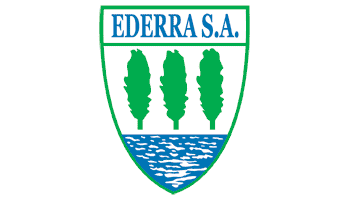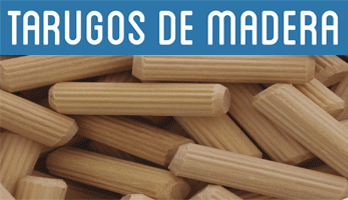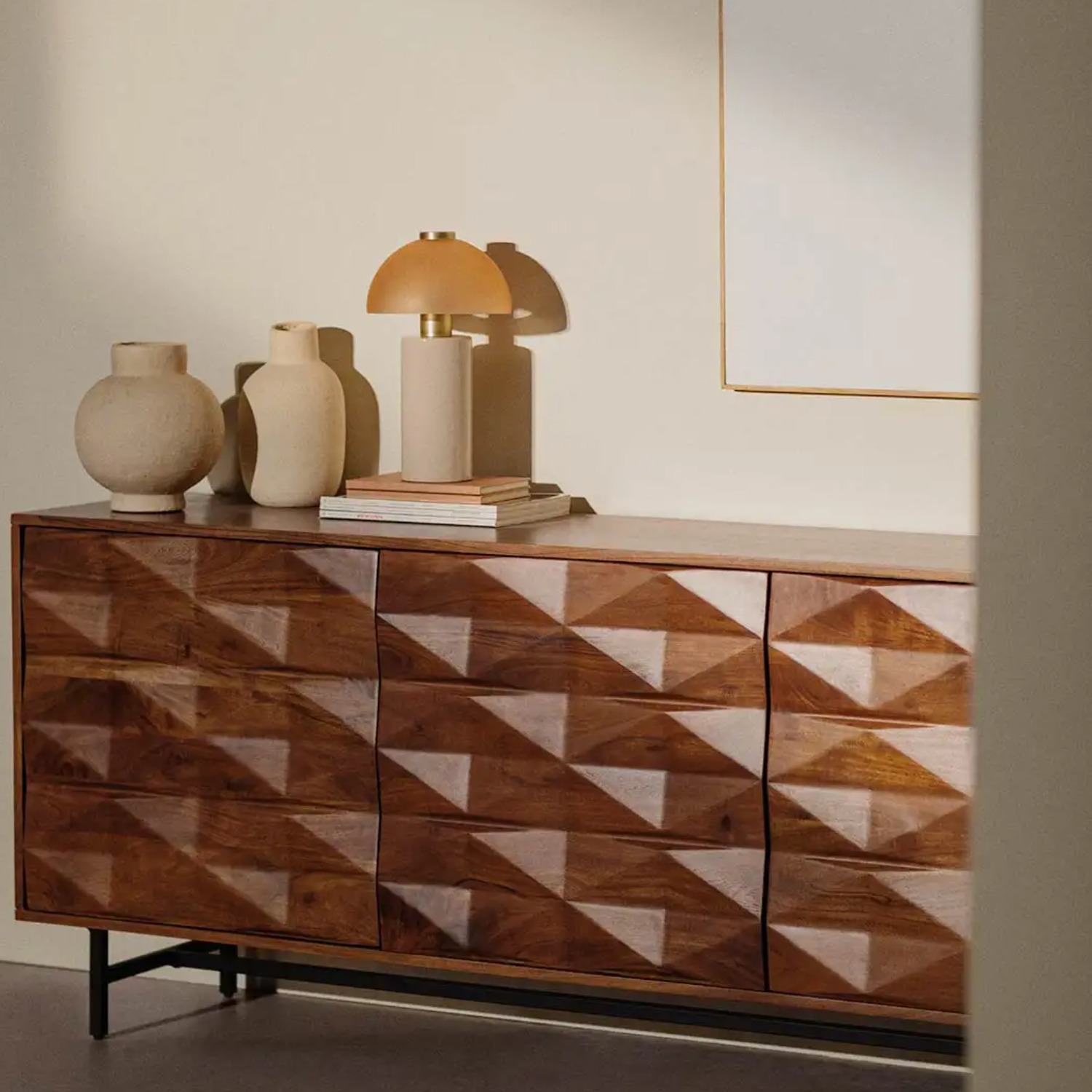
This is the wood that will conquer your home: beauty, resistance and sustainability in a single material
Acacia wood is valued by its durability, natural beauty, easy maintenance and sustainability, which makes it an ideal choice for furniture and decoration, both interior and exterior.
At present, Acacia wood has gained enormous popularity in the world of decoration. Its qualities not only highlight it for its beauty, but also for its functionality and versatility. This wood, originally from different regions of the world, has managed to conquer designers and owners of households seeking a perfect balance between aesthetic and practical. But what makes this wood so special? We discover in detail its characteristics and reasons to include it in any decorative project. Durability and natural resistance of the main reasons why acacia wood is so popular is its extraordinary durability. Originally from Africa and some parts of Asia and Australia, Acacia is a dense and resistant wood that supports daily wear better than other woods. It has a higher hardness that makes it ideal for furniture and surfaces that will be exposed to constant use, such as dining tables, countertops or soils. In addition, acacia is highly resistant to pests and moisture. Unlike other softer woods that are easily deform or crack Acacia is another characteristic that makes it so popular. Its marked veins and color variations, ranging from light and golden tones to darker brown, provide a warm and natural appearance that adds character to any space. This set of shades allows acacia wood to be a very versatile choice, adaptable to rustic and modern styles. In decoration, acacia is used in a wide variety of furniture and objects, from tables and chairs to cabinets, shelves and even decorative accessories such as frames and lamps. Its versatility is made an excellent option to combine with other materials such as metal or glass, providing a balance between the natural and industrial, the modern and the traditional.
IT MAY INTEREST YOU
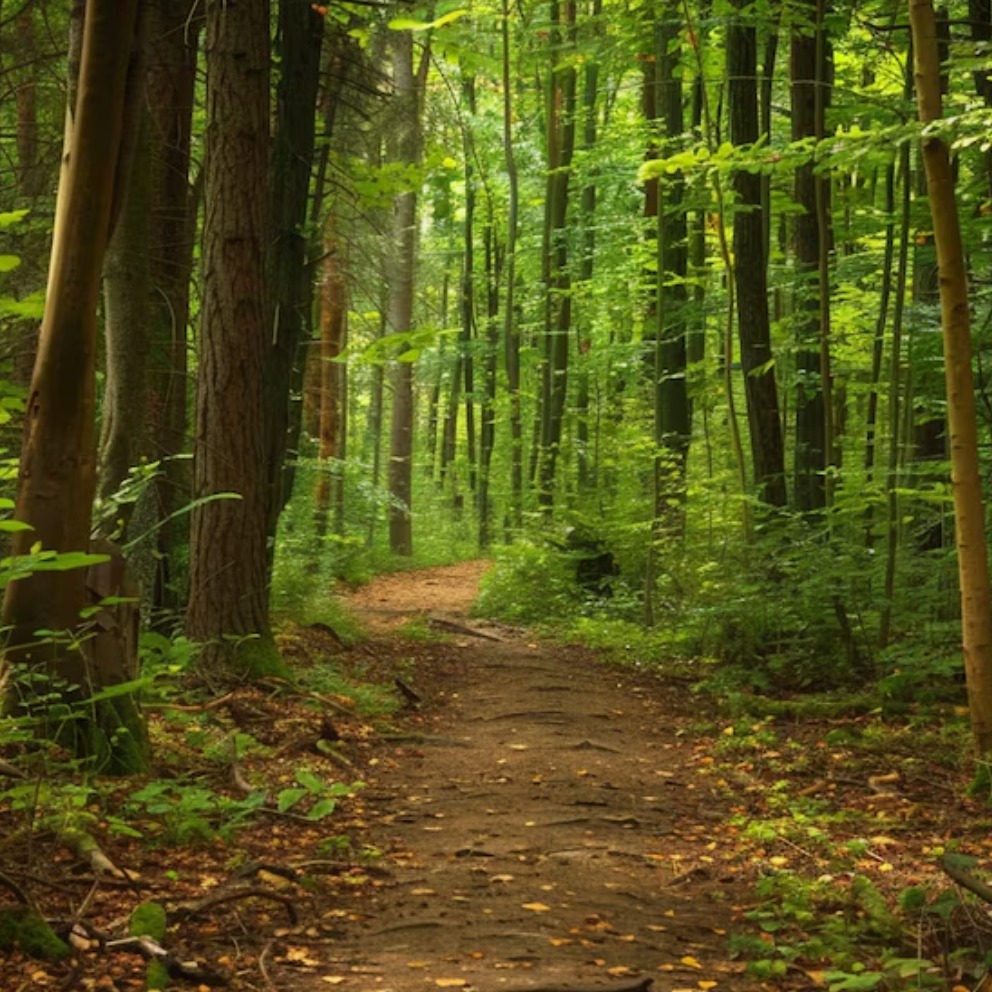 They discover how bacteria help trees to survive drought
They discover how bacteria help trees to survive drought
A new study of the Weizmann Institute of Sciences revealed that microorganisms benefit cypresses to face water scarcity. The result provides tools against increasingly frequent climatic phenomena
 Success of the Third Internal Fair Tech-Together at Hymmen´s technical center
Success of the Third Internal Fair Tech-Together at Hymmen´s technical center
On October 8 and 9, the third edition of the Tech-Toogher Internal Fair took place, organized in collaboration with other machinery manufacturers in the region. Hymmen was positively surprised by the great interest he aroused, taking into account the difficult market situation: visitors, from several European countries, almost as many as in the last internal fair two years ago, they could closely observe the production technologies at the Internal Technical Center of Rödinghausen. These covered from digital printing technology and printing and coating systems to the Smart2i industrial intelligence solution. Among the novelties were technologies for the production of industrial wood.
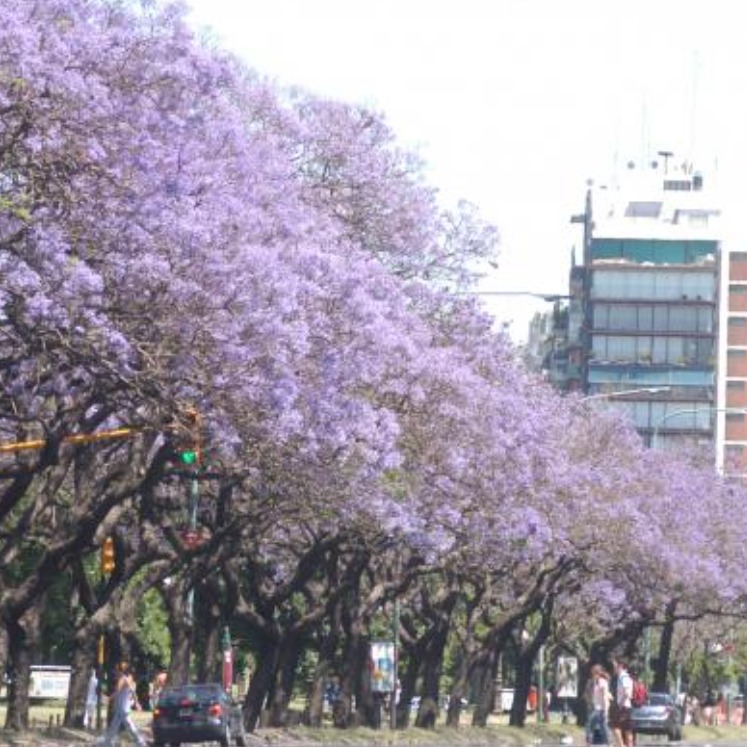 History of spring in Buenos Aires: from Jacarandá that dazzles tourists to banana that enrages allergic
History of spring in Buenos Aires: from Jacarandá that dazzles tourists to banana that enrages allergic
The city took two centuries to start planning its trees and it was Carlos Thays who revolutionized the landscape. By 2042 it is planned to double the surface covered by the natural shadow





